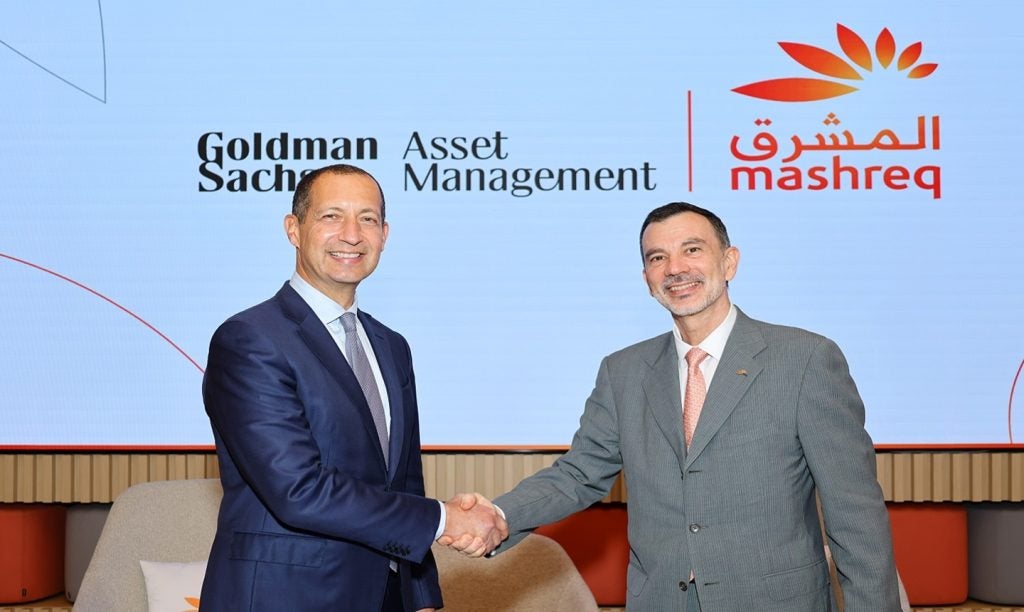Once considered something of a backwater, family offices
have become a serious career option for bankers. Paul Golden looks
at why wealth managers are willing to trade lower salaries for
exposure to a wider range of asset classes, input in the
decision-making process and partnership opportunities.
The appeal of joining family offices is
increasing as pay gaps with private banks narrow on the back of
increasing numbers of ultra high net worth family groups,
especially in emerging economies. But challenges remain.
Investment managers require a wide variety of
skills. At least a decade of front-line experience in wealth
management/asset management is a prerequisite for clients who have
a deep emotional attachment to their money.
Typically, these families will want to deal
with people with experience, individuals who have been through a
few peaks and troughs, have managed money and ‘felt the pain’ of
their clients. They will also expect to be able to have high level
discussions with their managers.
European Network of Family Offices president
François Mollat du Jourdin says managers require experience of
macro economics, quantitative and performance analysis and research
applied to portfolio management, including asset allocation, as
well as a wide understanding of market instruments.
In addition, they will need a holistic
understanding of endowment-style portfolio construction and risk
management and the ability to make direct portfolio overlay
investments based upon their views of specific market risks,
suggests Greg Coules of boutique executive search firm Hunter
Associates.
People skills
Managers must also have the personality and
confidence to deal with the representatives of the family,
particularly if they are very hands-on. One of the main challenges
is dealing with the non-executive members of the family, who will
always be looking for increased dividends regardless of the
investment climate.
There is widespread acceptance of the notion
that family offices are an attractive career move. British Bankers
Association (BBA) prudential capital and risk policy director
Irving Henry says there has been a flow of people from larger
institutions to family offices in the last few years, although the
recruitment process is managed very discretely.
“The family office model offers exposure to a
wider range of asset classes than the investment banking sector
because the private bank may choose not to invest in certain
markets or assets classes,” Henry says.
“For instance, a group of families may decide
to launch their own takeover bids for distressed assets, which a
private bank would not necessarily encourage for reputational
reasons.”
Family offices will sometimes advertise or use
head hunters to find managers, but they also look for people with
compatible skill sets on business networking sites such as
Linked-In.
“They take a more long-term approach than most
wealth management firms and banks and this makes for a better work
environment for many bankers,” adds Family Offices Group managing
director Richard Wilson.
Autonomy appeals
In those family offices where portfolio
management is conducted in-house, a senior investment manager can
have a high level of autonomy within the investment group process,
says Mollat du Jourdin. Family Office Association president Joseph
Reilly agrees responsibility levels increase, referring to the
opportunity to engage in more diverse work, including family
philanthropy, and the wide discretion family office investment
managers have over a broad range of investments that are beyond the
mandate of the average trading desk.
However, there are limitations to the family
office’s ability to attract top banking talent, including the
perception of small structures as less of a safe haven. Managers
are also more exposed, suggests BKS Family Office director Paul
Sinel.
The BBA’s Henry acknowledges that working
relationships are more complex because the manager is effectively a
direct employee of a single client rather than working with several
clients with an employer to act as a buffer.
Some multi-family offices have become more like
private bank wealth management departments as they expand who they
accept as clients, losing some of the unique features of the family
office model.
Money matters
Reilly points out that banking hires will
always be subject to the temptation to jump ship in more favourable
markets. This observation goes to the crux of the matter for many
ambitious bankers – remuneration – although the discrepancy is not
as wide as it might appear at first glance.
As mostly small and entrepreneurial structures,
Mollat du Jourdin says family offices can offer an upside to talent
through partnership and equity.
Coules admits there is a gap in earnings
between private money managers and family office executives, but
adds that many families are open to instituting performance-based
compensation metrics “which can close that gap significantly”.
Henry says the gap in earning potential between
family offices and private banks has narrowed considerably, partly
because family offices are becoming more high profile and
multi-family offices can punch above their weight.
Increased convergence?
Indeed, BBA’s prudential capital and risk
policy director expects increasing convergence between private
banks and family offices over the next decade and the number of
family offices to increase.
“More and more people are falling into this
wealth category and some private banks have reduced the thresholds
on private accounts,” Henry says. “There are many families in South
America, Asia and other parts of the world making fortunes in
commodities who would be interested in the concept.”
Mollat du Jourdin thinks the financial market
crisis has shown the necessity for a more bespoke service, driven
by advisory and moving away from conflicts of interest.
Sinel also expects an increase in the number of
family offices given the recent turmoil and the clients’ needs for
flexibility, the ability to move quickly and [the desire to] have
information immediately to hand.
Coules is another who anticipates an increase
in the number, size and complexity of family offices over the next
few years given the vast increase in wealth of the largest high net
worth families, coupled with growth and expansion of the new
generations.
“There will always be a degree of attrition in
this market, but as long as families with wealth desire control
there will be family offices,” concludes Reilly.







